Watson Blog

From Bottles to Gloves with WasteNot™
It didn’t follow exactly like a scientist’s discovery in a lab, but we’d like to imagine that when our Product Development team discovered the right formula in making environmentally-friendly gloves, they had the same euphoric rush Einstein, Tesla and many other inventors did with their discoveries.
More than one million plastic bottles are sold every minute and it takes up to 1,000 years for a plastic bottle to decompose. Now imagine this – gloves made of recycled plastic bottles that have the same quality and performance as regular gloves. Gloves that are great for the environment and your hands? Seems like a no brainer, right? Well, there has never been any in the market… until now.
Introducing WasteNot™—Watson Gloves’ aim to help the environment and your hands.

How to Safely Take Off a Pair of Gloves in 6 Steps

Gardening 101 – How to Grow Your Own Vegetables Through Seeding

COVID-19 Update: Bonus Pay for Our Frontline Workers
We wanted to give thanks and gratitude to our frontline workers in the Warehouse, Factory, Operations, and Customer Service departments by providing a one-time bonus for their tremendous efforts in delivering essential goods. Every day, they help send out thousands of gloves to our retailers, distributors and customers. Read more…

COVID-19 Update: Watson Gloves is Deemed an Essential Service Company

To Our Customers – A Letter Re: COVID-19
We’re a 102 year old business. We’ve been through a lot in the past 102 years. And there are a few things that always keep us pushing forward – our family, our community, our customers.

To Our Retailers & Distributors – A Letter Re: COVID-19
The health and safety of our employees and customers is always our top priority. As the Coronavirus (COVID-19) continues to be a growing concern in Canada and around the world, we are receiving increasing numbers of inquiries regarding the steps that Watson Gloves is taking when it comes to business preparedness.
The Evolution of Disposable Gloves
Updated April 4, 2023


Keep the Germs Out! How to Wash Your Gloves and Keep Them Clean
So the lesson here? Wash your hands. But wait – hold on! This is not just a hand washing lecture. We all know how crucial washing your hands with soap is during this time (sing Happy Birthday twice or your favourite song of choice for 20 seconds while washing your hands). But to make sure you’re well protected from all the viruses that are spreading around during this time, it’s good to regularly wash your gloves too (also good to regularly wash them year-round when they get dirty). A survey found 64% of people wash their gloves once a month or less and 15% claiming to have never washed them at all. And similar bacteria levels are found in both the inside and outside of the glove. So it seems appropriate to not only tell people to wash their hands but ALSO their gloves.
Why Should I Wash My Gloves?
-
Use mild soap:
Avoid using harsh detergents, strong chemicals, or hand sanitizer, as they can dry out and damage the glove material.
-
Avoid heat:
Do not place gloves in a washing machine or clothes dryer, as the heat can degrade the material and reduce their effectiveness and longevity.
-
Check care instructions:
Always refer to the manufacturer’s specific care instructions for your glove type, as some materials may require different cleaning methods.
-
Clean the interior:Remember to turn the gloves inside out to clean the interior thoroughly, which helps prevent odors and bacteria from building up.
How Do I Wash My Gloves?
Whether you have gloves for work or for play, all gloves will naturally build up bacteria over time (and contaminants if you’re working with chemicals or other substances in the field). Cleaning them regularly can help increase the lifespan of the gloves and keep you hygienically safer. Below are tips on how to clean gloves based on the material:
1. Leather Gloves
Leather can be durable gloves for work or for play and they should be cleaned well if you wish to see long wear with them. If leather gloves are common wear for you, it’s a good idea to give them a good wipe with a cloth both inside and outside weekly. And if you see any residue, lightly clean it off with a damp cloth.
When your leather glove sees extreme wear and dirtiness though, it may be a good time to give them a good wash. If you have saddle soap, wash the gloves with the soap in cold water and lay them out flat to dry or hang them up to air-dry with clothespins (flip it inside out and clip all the fingertips so the fingers don’t lose shape). Do NOT wring the water away, otherwise you will lose the original and natural shape of the glove. Massage your gloves every couple of hours once they’re partially dry to help soften them and avoid having them get stiff. Place them in a cool, dry place and avoid direct sunlight, otherwise, they can also lose their shape.
If you don’t have saddle soap, you can use a toothbrush to scrub off any grime and dirt first. Then, put the gloves in a bucket of cold water with some laundry detergent or mild soap in it. Rub any additional grime and dirt off with your hands and then rinse the gloves in cold water. Before hanging them to dry, gently squeeze any water off the gloves in a downward movement – again do NOT wring the gloves. Hang the gloves up to air-dry with clothespins.
Absolutely avoid using harsh soaps, as that can erode the natural oils on the leather, which helps keep its shape. Otherwise, the removal of the natural oils can cause the gloves to become stiff and brittle.
2. Rubber, Nitrile, Neoprene and PVC Gloves
These gloves are very easy to clean and most definitely should be washed whenever you’re in contact with harsh chemicals. Before taking the gloves off, wash them with soap and water – using a hose or in a utility sink is recommended. Take them off and hang them to dry. Store them in a dry place to avoid mildew growth.
3. Cotton, Polyester, Nylon and Wool Gloves
All gloves made with these materials are safe to throw in the washing machine. If you’re laundering cotton, polyester or wool gloves, use cold water and mild laundry detergent. For nylon, use warm water and mild detergent. You can also soak them in water and hand wash with mild detergent. Again, soak with cold water for cotton, polyester and wool gloves, and soak with warm water for nylon. If you’re putting them in the dryer, make sure you tumble dry on low heat or no heat. Otherwise, gently squeeze out the water and lay them out to air-dry – do NOT wring the gloves, as that can affect their shape, especially wool.
Stay Fresh with ActiFresh®
Actifresh® is a protective finish seen in many of our Stealth line of gloves. The integrated Sanitized® hygiene function reliably and durably protects gloves against UV radiation, rain, mildew and mold growth. They’re durable for longer wear without a flurry of bacteria building up but can also be washed in the laundry. Below are Actifresh® treated gloves that are great for every day wear, whether it’s getting groceries or doing errands, using equipment or working in your backyard.
Sign up for our newsletter!
Stay up to date with the latest Watson Gloves news, releases, and industry updates by signing up to our newsletter!

How to Prevent Heat Loss by Wearing the Right Gloves
Honouring our Canadian Forces, Veterans and First Responders with Wounded Warriors
*This article was partially updated on November 6, 2024.
“Lest we forget”
Ahead of Remembrance Day on November 11th, it’s always important to remember and honour our veterans. It’s also equally important to honour and recognize those who presently serve both abroad and within our communities. So that’s why this year, Watson Gloves chose to partner with Wounded Warriors Canada, a national mental health charity whose mission is to honour and support Canada’s ill and injured Canadian Armed Forces members, veterans, first responders and their families. Read more…




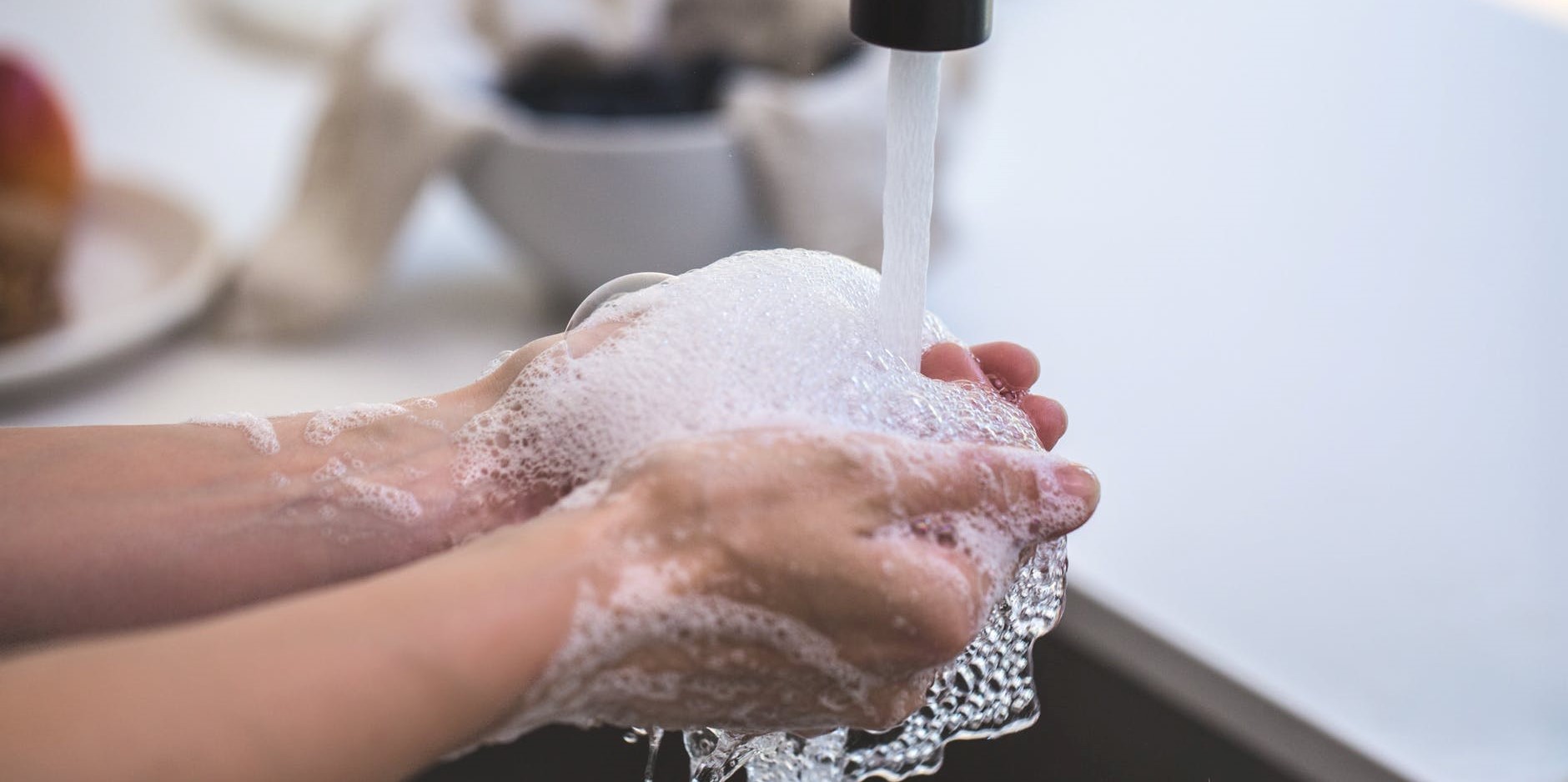
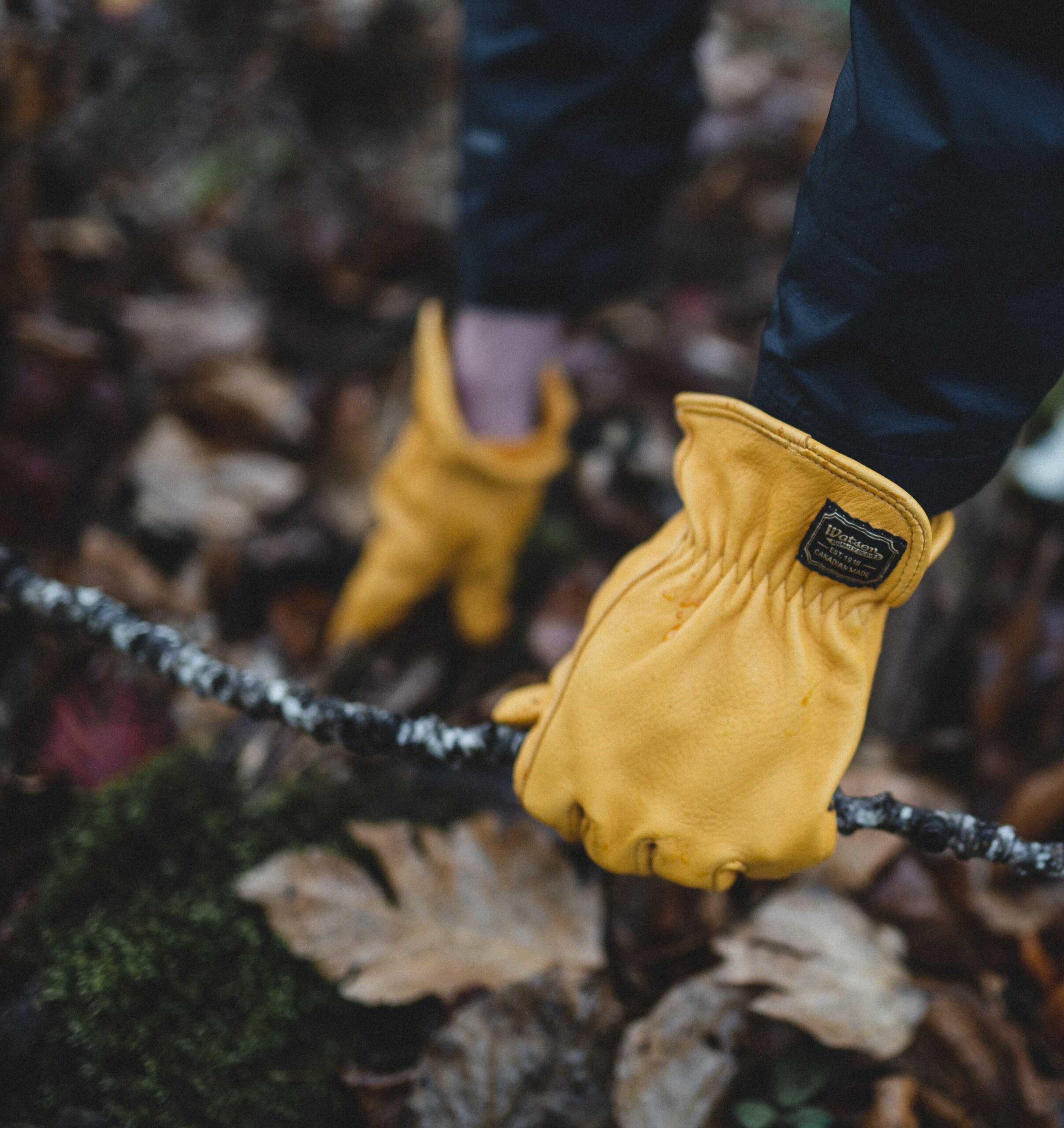

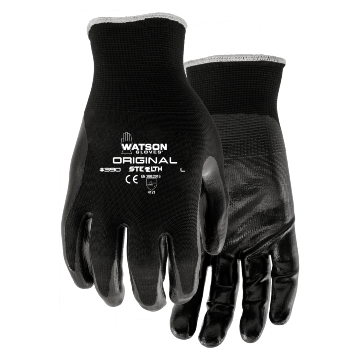
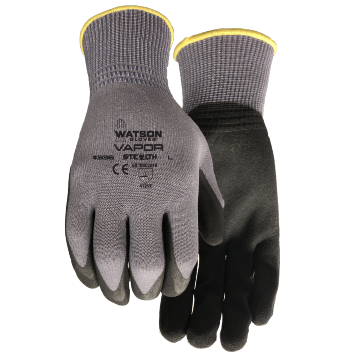
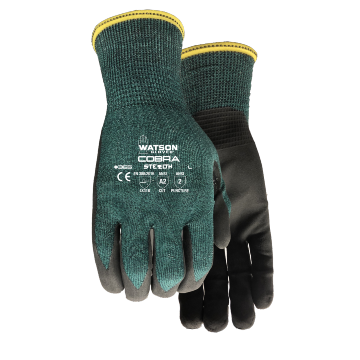

 Loading ...
Loading ...
